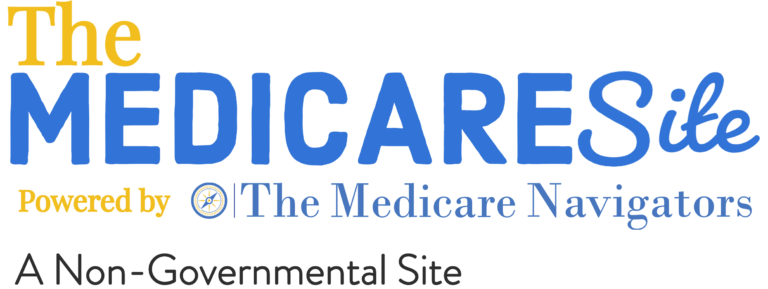The Medicaid disenrollment freeze is finally coming to an end. This means that states will once again require income and asset reviews and remove individuals from the Medicaid program who are no longer eligible. The end of the freeze means coverage losses for people who no longer qualify. In this blog, we’ll take a closer look at what the end of the Medicaid disenrollment freeze means, why it’s happening, and what to do if you lose benefits.
What is the Medicaid disenrollment freeze?
The Medicaid disenrollment freeze began in March 2020 as part of the federal government’s response to the COVID-19 pandemic. The freeze prohibited states from removing individuals from the Medicaid program for any reason other than death or relocation out of state. This meant that even if they did not qualify during their annual renewal certification, they would not lose their benefits. The goal of the freeze was to ensure that individuals who needed Medicaid coverage during the pandemic could continue to receive it, even if their eligibility status changed.
Why is the disenrollment freeze ending?
The Biden administration has announced that the Medicaid disenrollment freeze will end April 1st 2023. The decision was made after a review of the current situation and the conclusion that the freeze was no longer necessary. The administration noted that the economy is improving, and more job opportunities are available, which could impact Medicaid eligibility for some individuals.
How will this affect Medicaid beneficiaries?
The end of the Medicaid disenrollment freeze will have a significant impact on Medicaid beneficiaries, particularly those who have been relying on Medicaid coverage during the pandemic. States have begun disenrolling members who are no longer eligible. When a member’s renewal is due, Medicaid will attempt to determine eligibility. Some people may be redetermined automatically. If you cannot be redetermined automatically then you will receive a Renewal of Coverage request. Look up your state’s medicaid office for more information. If you are in Arizona, you can access AHCCCS site here.
How will this affect Medicare Beneficiaries?
If you have both Medicare and Medicaid then you will still need to complete your renewal of coverage request to continue your Medicaid benefits. If you lose or see a reduction of benefits, you will still retain your Original Medicare. However, if you are enrolled in a Medicare Advantage Dual Special Needs Plan then you will not qualify if you lose benefits. You have a special enrollment period to find a new plan.
What should Medicare Beneficiaries do if they lose Medicaid benefits?
If you lose Medicaid benefits, you may face challenges paying for medical and drug costs that Medicaid was helping with. You should review your Medicare coverage options to find more affordable plans available that meet your healthcare needs. You should seek the help of a local agent that specializes in Medicare and knows the plans in your area. There may be Medicare Advantage plans that have low out-of-pocket costs and no premiums in your area. An agent can also determine if you still qualify for Extra Help paying for prescription drug. The income limits for Extra Help is different than for Medicaid and you may still qualify for some assistance. Learn more about Extra Help limits in our previous blog “What is Extra Help?”






